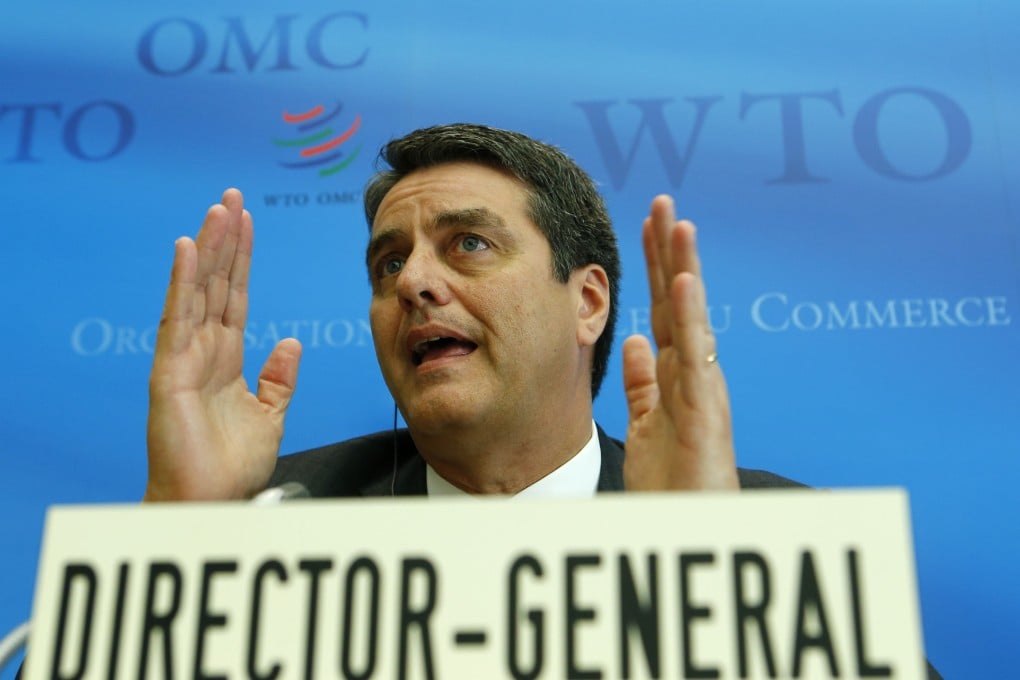WTO must seal deal on cross-border trade to reinvigorate Doha talks
Victor Fung says developing nations would reap most of the gain in GDP growth, jobs and exports

New World Trade Organisation director general Roberto Azevedo has been in office barely a month, but already he has helped reboot the stalled Doha Round of world trade negotiations.
Signs of his early progress could not have come sooner. The pressure is on for the WTO to seal a deal at its December ministerial meeting in Bali that will restore faith in its negotiating ability, validate the multilateral trading system and provide a much-needed boost to the global economic recovery.
Azevedo has declared that the WTO should return to the centre of the world stage and the global search for jobs and growth. Amid a plethora of regional and bilateral trade agreements, each well justified by its own merits and advantages for signatories, but each adding more layers of complexity to world trade, the centrality of the multilateral trading system is under challenge as never before.
Azevedo's words about the centrality of trade should resonate strongly in Asia, where trade has played such a major part in the region's growth and development. That is why ministers and negotiators at the Apec summit, currently being held in Bali, should use the opportunity to galvanise support for breaking the impasse that stalls the Doha Round. For businesses of all sizes watching the proceedings, it is clear that efforts should focus on delivering the WTO trade facilitation agreement.
This agreement, which is part of the Doha package, would simplify and harmonise dozens of administrative procedures and standards that dictate how goods cross borders or are handled in customs. It would drastically cut red tape that consumes precious resources for governments and companies, while slowing down supply chains, creating opportunities for corruption and increasing the cost of goods by an estimated 5 to 15 per cent.
Many of these efforts will bear immediate fruit in Asia, given our dependence on international trade. Indeed, much of the work towards the creation of the Asean Economic Community, the Trans-Pacific Partnership and other regional deals focuses on measures to facilitate trade and investment between members. While these and other bilateral and regional trade agreements include trade facilitation provisions, they do not provide consistency across the world. Only a multilateral deal under the auspices of the WTO could do that.
The economic benefits of a WTO trade facilitation agreement could be substantial. According to a recent Peterson Institute study, the deal could provide a one-time boost to global GDP of US$960 billion and increase exports by about US$1 trillion. It could also create 18 million jobs in developing countries and 3 million in developed nations.
